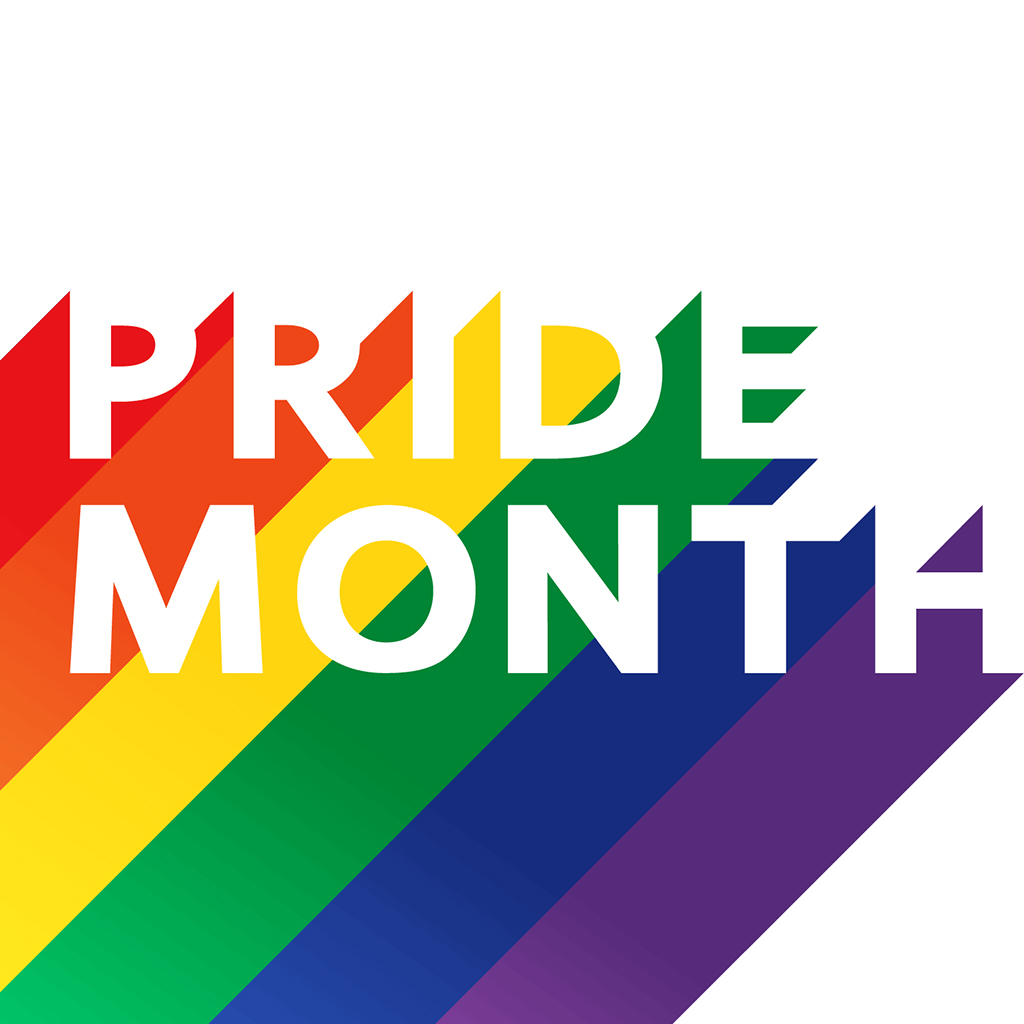The importance of diversity, equity, and inclusion (DEI) in the workplace has gained unprecedented momentum over the past decade. Including LGBTQ+ hiring within DEI initiatives not only fulfills ethical and compliance obligations but significantly contributes to a more dynamic, innovative, and competitive business environment. Here are some examples of effective DEI strategies for supporting LGBTQ+ workers in your company culture.
- Inclusive Policies: Develop and implement comprehensive anti-discrimination policies that explicitly include sexual orientation and gender identity protections. Ensure these policies are well-communicated to all employees.
- Training and Awareness Programs: Conduct training sessions to educate employees about LGBTQ+ issues, biases, and how to be an ally. This helps build understanding and reduces instances of discrimination and microaggressions.
- Support Structures: Establish and support networks such as LGBTQ+ employee resource groups (ERGs) that provide advice and mentoring to LGBTQ+ employees.
- Gender-Neutral Facilities: Offer gender-neutral restrooms and changing facilities to accommodate all employees comfortably.
- Inclusive Health Benefits: Ensure that health benefit plans are inclusive of LGBTQ+ employees, providing comprehensive coverage that respects all gender identities, including coverage for same-sex partners.
- Recruitment Practices: Adopt hiring practices that are inclusive and welcoming to LGBTQ+ individuals. This could include recruiting at LGBTQ+ job fairs, using inclusive language in job postings, and training hiring managers on LGBTQ+ inclusivity.
- Visibility and Representation: Promote visibility and representation of LGBTQ+ individuals in all levels of the organization, including leadership roles. This not only sets a precedent but also shows the company’s commitment to diversity.
- Feedback Mechanisms: Implement and maintain mechanisms for feedback and complaints that are accessible and responsive. Ensure that there are clear procedures for addressing grievances related to discrimination and harassment.
- Celebrating LGBTQ+ Culture: Actively participate in and sponsor LGBTQ+ events like Pride Month, and encourage employee participation.
- Flexible Policies: Provide policies that respect the diverse needs of LGBTQ+ employees such as inclusive parental leave policies.
By adopting some or all of these strategies, organizations can create a more supportive and inclusive workplace where LGBTQ+ individuals feel valued and have equal opportunities to succeed. It’s an opportunity to reaffirm the company’s commitment to LGBTQ+ inclusion not just during Pride Month, but throughout the year.

